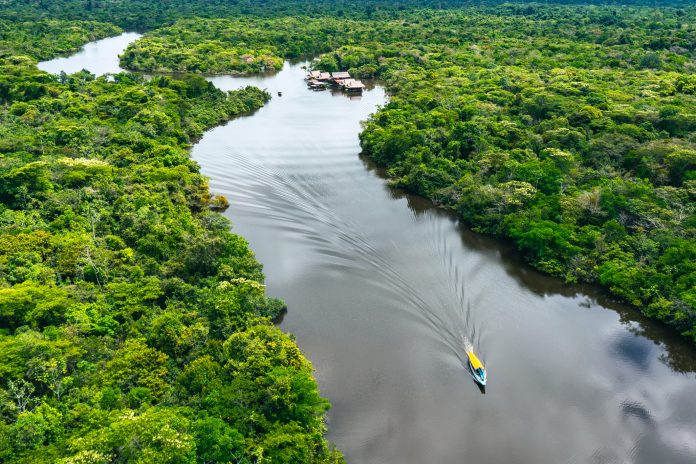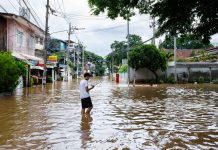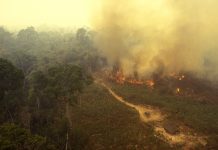An international team of conservationists and researchers has revealed a visionary economic model aimed at protecting the Amazon rainforest while improving the lives of its Indigenous and rural communities
Published in Nature Ecology and Evolution, their study argues that traditional economic approaches have failed both the environment and the people who depend on it in the Amazon rainforest.
Safeguarding the Amazon rainforest
Led by Professor Rachael Garrett from the University of Cambridge, the research highlights decades of unsustainable development in the Amazon basin.
Despite widespread deforestation driven by economic interests, local communities have seen minimal improvements in income, education, and healthcare. This dire situation calls for a paradigm shift towards what the researchers term Socio-Bioeconomies (SBEs).
“Conventional economic models can result in short-term gains, but over the longer term, the people and resources of the Amazon basin have been exploited by powerful interests, while there has been an underinvestment in education, innovation, and sustainable infrastructure,” explains Professor Garrett.
This initiative will preserve the Amazon rainforest and also help local communities economically.
How do we know this initiative will be successful?
One notable success story highlighted is Veja, a footwear brand sourcing rubber sustainably from Amazonian farmers, demonstrating profitable sustainability.
To realise this vision, the researchers advocate for significant policy reforms. These include redirecting subsidies away from large-scale agribusiness towards small-scale sustainable enterprises, enhancing infrastructure in remote areas, and promoting inclusive governance that amplifies the voices of marginalised groups.
“A limited range of interests are controlling the development agenda in most countries,” said Garrett. “The only way we can change that is improving the rights and representation of the people who are not benefiting from the systems and are being harmed by ongoing environmental destruction.”
The proposed SBE model isn’t just applicable to Amazon; it offers a blueprint for sustainable development globally. By promoting political will and investing in innovative SBE initiatives, the researchers believe similar transformations can occur worldwide, protecting biodiversity and mitigating climate change.
“It’s possible to have an economy that is strong and works for everyone when we dare to develop new models and visions that recognise the interconnectedness of people and nature,” said Garrett. “By popularising these ideas, investing in people and businesses who are making a difference, and supporting research into SBE innovation we can support a transformation in both conservation and development in the Amazon.”











